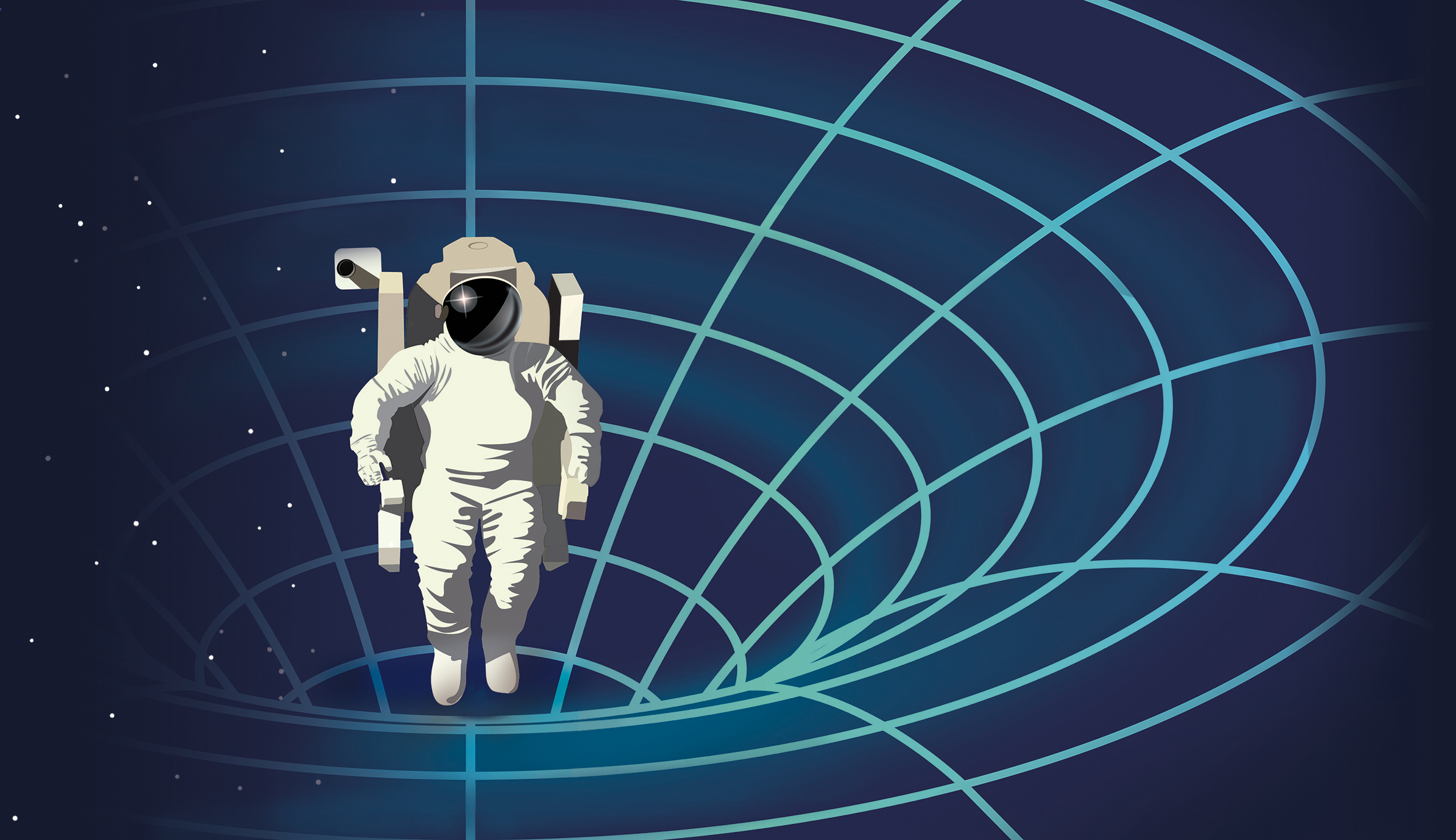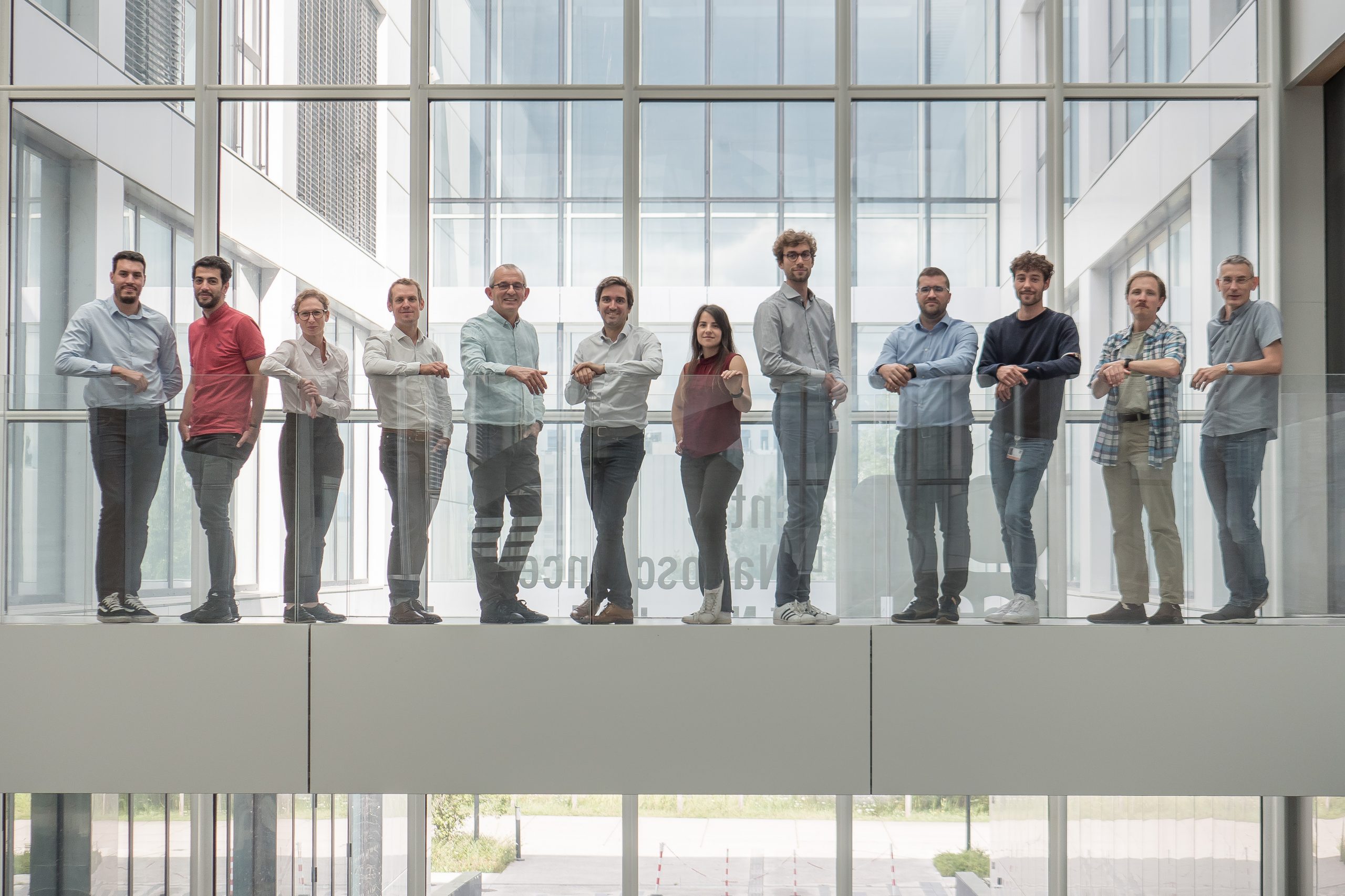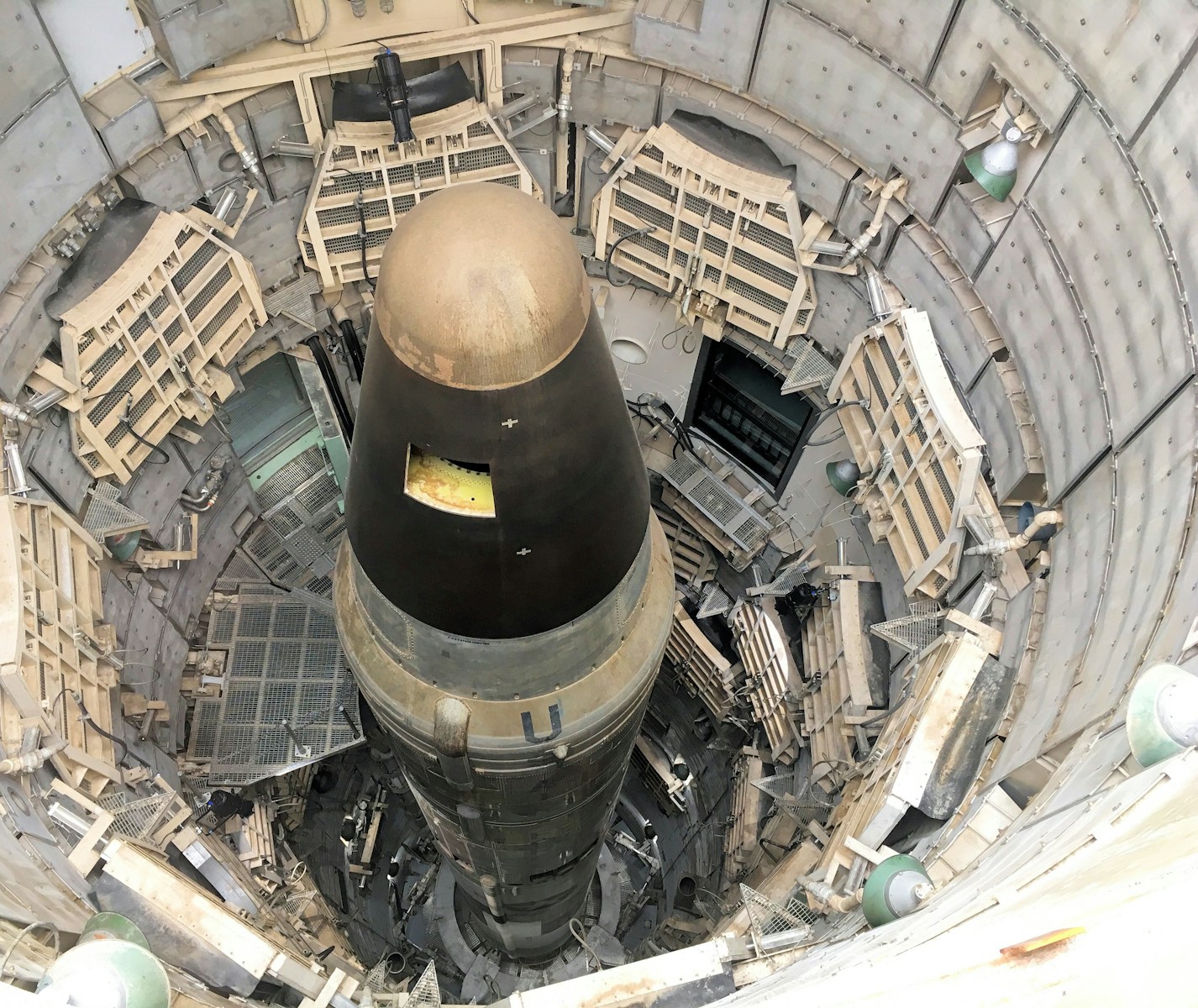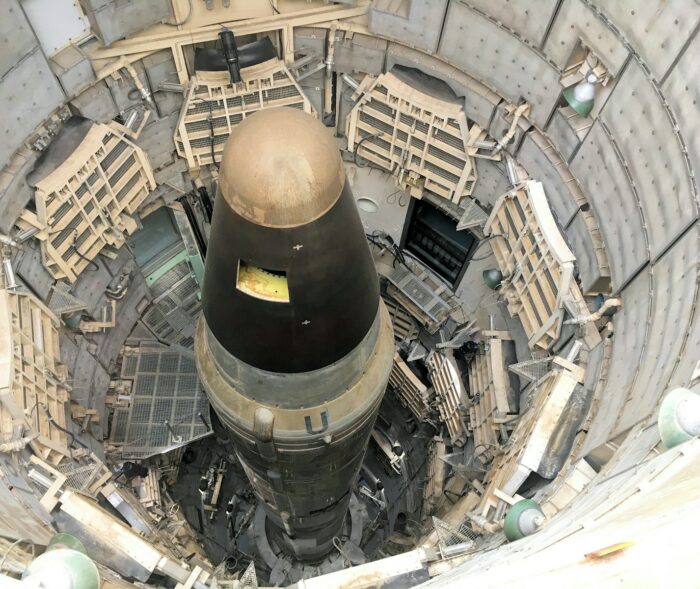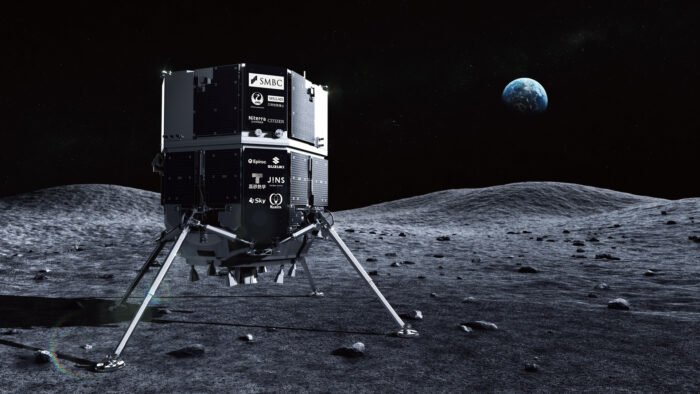Insider Brief
- A new report from The Guy Foundation warns of potential health risks for astronauts engaged in long-term space missions.
- The researchers say there could be a considerable biological toll of prolonged exposure to space conditions.
- In addition to conventional biological research, the study of quantum biology — a field that examines biological phenomena through the lens of quantum mechanics — could advance the understanding of space health.
As space agencies and private companies push closer to Mars missions and extended stays on the Moon, a new report from The Guy Foundation sounds an alarm on the potential long-term health risks for astronauts, focusing on the biological toll of prolonged exposure to space conditions. The 2024 Space Health Report warns that while engineering hurdles remain a core challenge, the health effects of long-duration space travel may be severely underestimated, particularly when it comes to cellular aging and mitochondrial function.
The report suggests that the health impacts of radiation, microgravity, disrupted circadian rhythms and other space-specific stressors may accelerate biological aging and impair astronauts’ ability to perform in space and recover upon return to Earth. According to The Guy Foundation, the risks associated with extended space missions go beyond immediate hazards like radiation exposure, adding a new dimension to mission planning and astronaut training.
“Up to now, the space community’s focus has been on the physical and engineering challenges inherent in space travel. These longer-term health issues do not seem to have been recognised. Nor have they been adequately addressed,” said Professor Geoffrey Guy, Chairman of The Guy Foundation, in a statement on the release of the report. “Just surviving in space is not the same as living in optimal health and thriving.”
Space biotech is also an emerging and growing field within the space industry, according to a Space Impulse-led report.
Accelerated Aging in Space
The report identifies the phenomenon of “accelerated aging phenotype” (AAP) as a critical risk. AAP is thought to arise due to the harsh conditions in space, particularly radiation and microgravity, which can disrupt cellular stability and cause damage at a mitochondrial level. Mitochondria, often referred to as the “powerhouses” of cells, are essential for producing energy and managing cellular health. When these organelles are impaired, cells may struggle to maintain energy balance, leading to oxidative stress, inflammation and signs of premature aging.
Under normal Earth conditions, mitochondria help regulate energy by transferring electrons in a carefully balanced chemical environment, the report states. In space, however, the report suggests that radiation and microgravity could increase oxidative stress within cells, altering the flow of electrons and causing cumulative damage over time. This damage manifests in ways that resemble accelerated aging, with symptoms such as inflammation, decreased cognitive function and even reduced immune responses—conditions that could complicate long-duration missions and post-mission recovery.
The Guy Foundation researchers argue that these findings underscore the importance of addressing mitochondrial health for the future of space exploration and that while shielding astronauts from radiation and providing adequate exercise have been priority solutions, this may not be enough to ensure long-term health. Instead, the report calls for expanded research into how space-specific conditions impact cellular structures and suggests that understanding mitochondrial health in space could be vital to mitigating accelerated aging effects.
Quantum Biology’s Role in Space Health
In addition to conventional biological research, the report explores how quantum biology — a field that examines biological phenomena through the lens of quantum mechanics — could advance the study of space health. Quantum biologists are studying certain subatomic behaviors in cellular systems to better understand the roles they play in functions such as enzyme activity, electron transport and, crucially, mitochondrial health.
The theory holds that quantum processes, like tunneling and coherence, may influence biological interactions in ways that classical physics cannot fully explain. According to the report, the extreme conditions of space may interact with these quantum processes, impacting cellular functions at a fundamental level and potentially leading to faster-than-normal cellular wear and tear.
The Guy Foundation research suggests that quantum biology could yield insights into why astronauts experience “accelerated aging” and offer novel ways to protect cellular integrity. Through quantum biological research, scientists might unlock methods to better understand — and possibly counteract — the cellular impacts of radiation and microgravity.
George Freeman MP, former UK Minister of State for both Life Science and Space, commented on the significance of this research focus, stating, “This report provides a pressing reminder of the effects of space travel on human health and has important implications for organisations such as NASA and SpaceX. At the same time, it highlights the opportunities for, and the value of, space health research.”
The Need for Expanded Space Health Research
The report emphasizes that space health research needs a broader base of data, particularly regarding the long-term biological effects on astronauts and even animals exposed to space conditions. To fill this gap, it advocates for new experiments that examine the impacts of space-specific factors—like the reduced magnetic field, altered circadian rhythms, and artificial lighting—on cellular health and oxidative stress.
The authors argue that understanding these impacts is essential not only for astronaut safety but for advancing medical knowledge on Earth. Aging and age-related diseases, for example, share many mechanisms with the accelerated aging seen in space, particularly when it comes to mitochondrial dysfunction and oxidative damage. By studying these phenomena in astronauts, researchers could potentially gain insights into treating age-related illnesses, making space health research beneficial for both space agencies and the broader medical community.
The report also calls for collaborative efforts to create solutions that address these findings. It suggests that NASA, ESA, SpaceX, and other organizations with a vested interest in human spaceflight take a proactive stance in funding and supporting research into the health impacts of long-duration space missions. Developing countermeasures and technology to protect astronauts from these long-term effects may determine the feasibility of future manned missions to Mars or extended stays on the Moon.
The full report and a 5-minute talk on its contents are available at www.theguyfoundation.org/space-health.
The Space Impulse, Cx Bio, and SpaceRadar teams recently collaborated to develop a comprehensive breakdown of the space biotech industry You can download the full market map.
Image credit: The Guy Foundation
Share this article:

